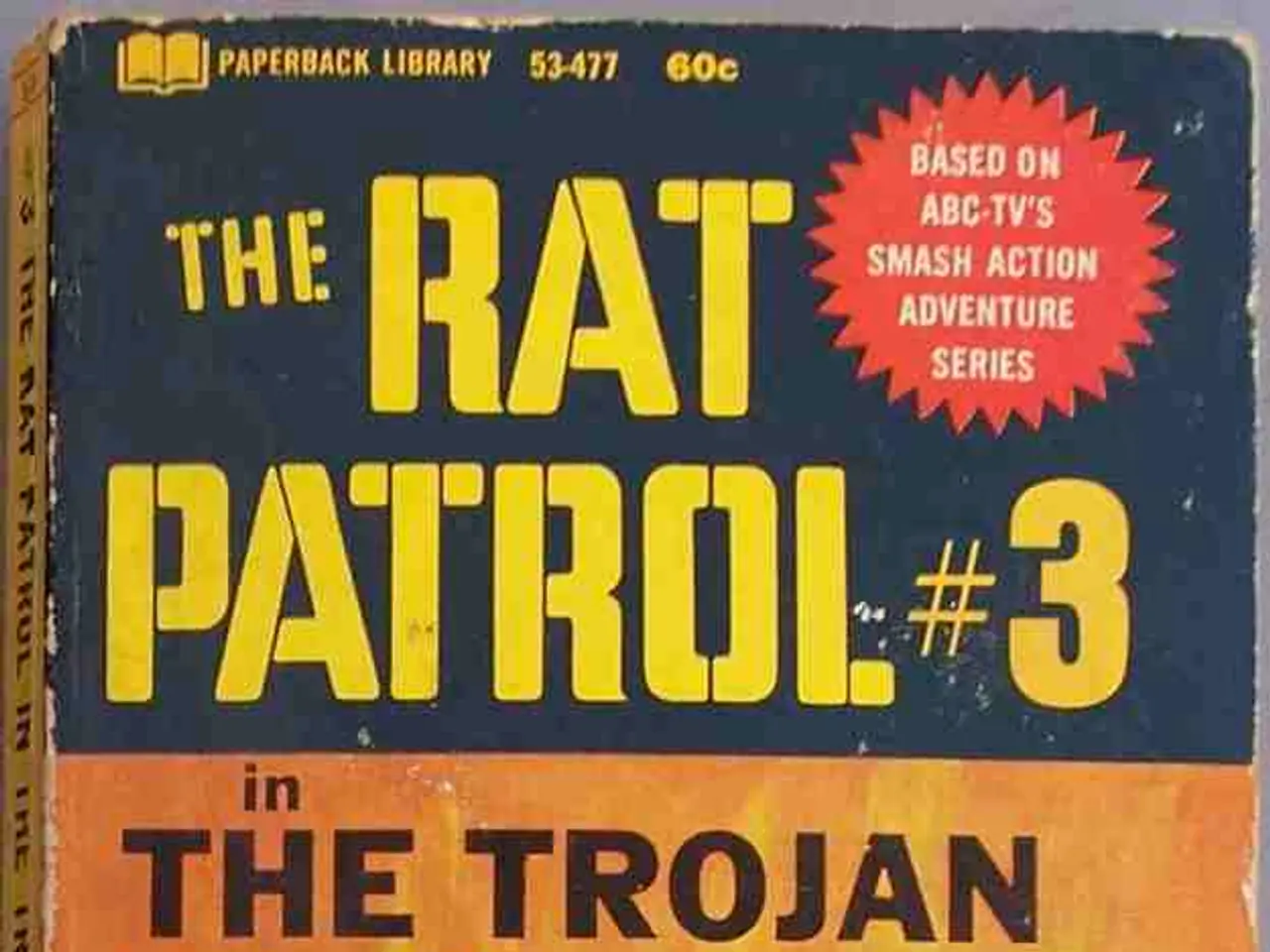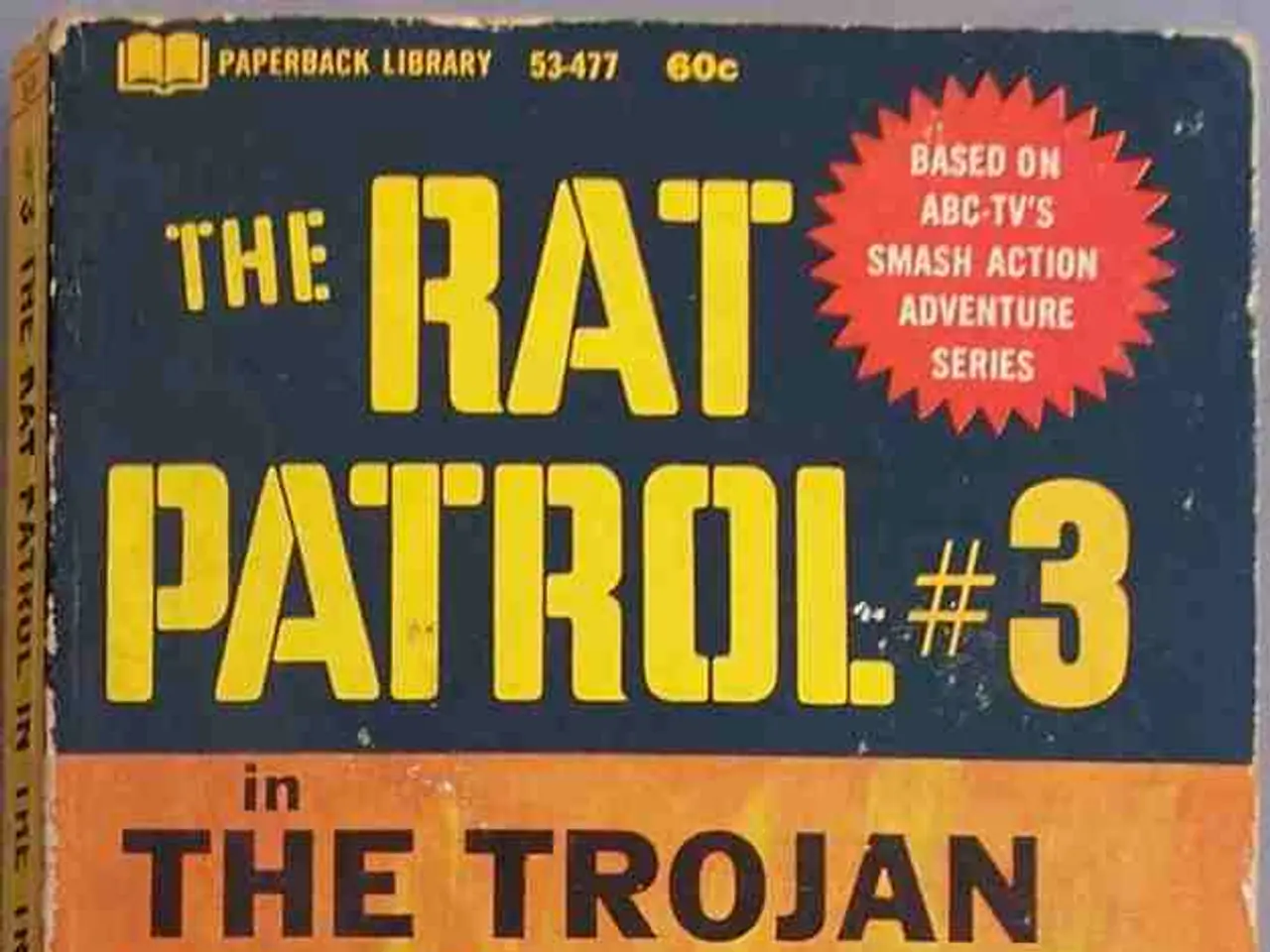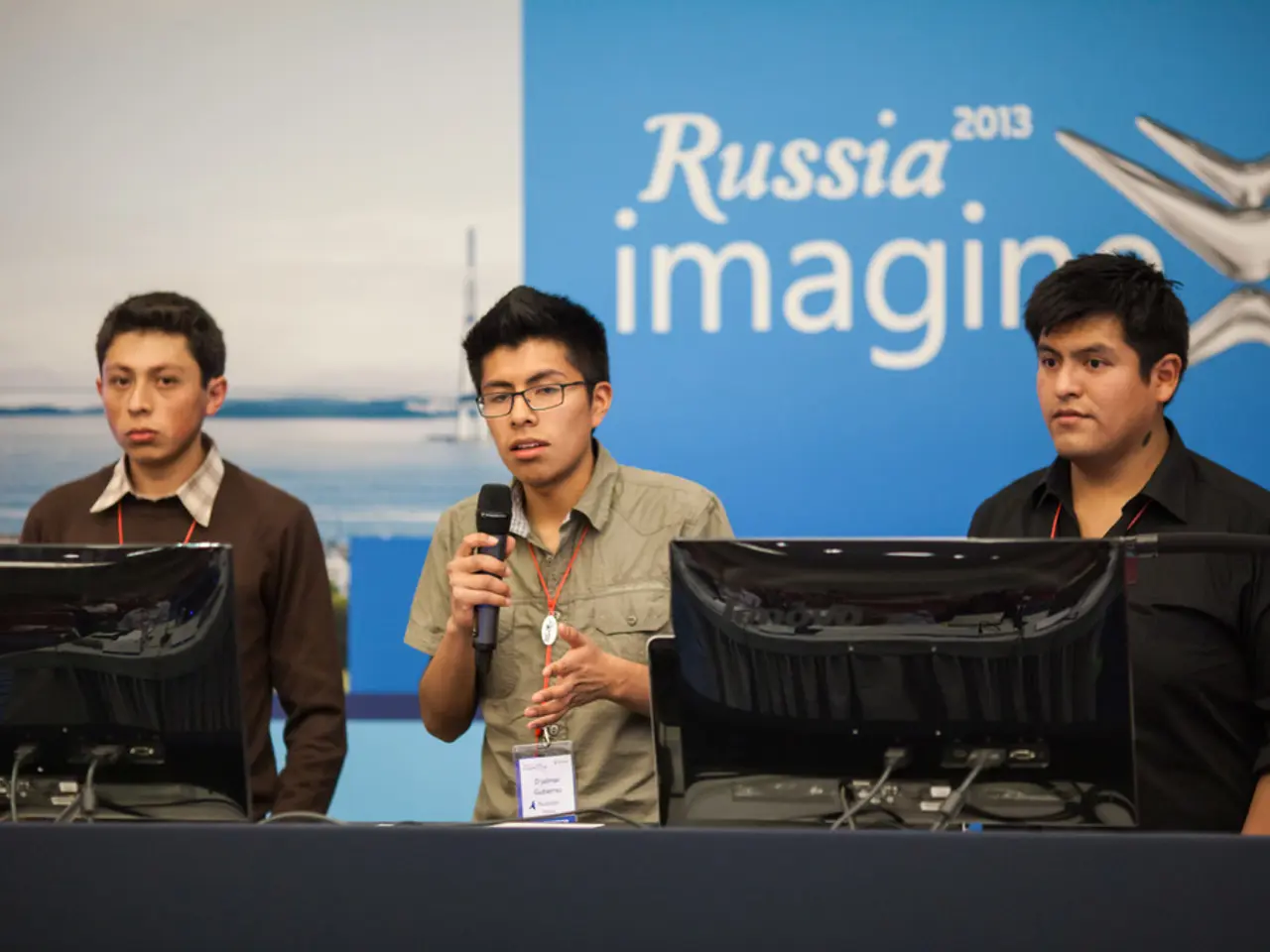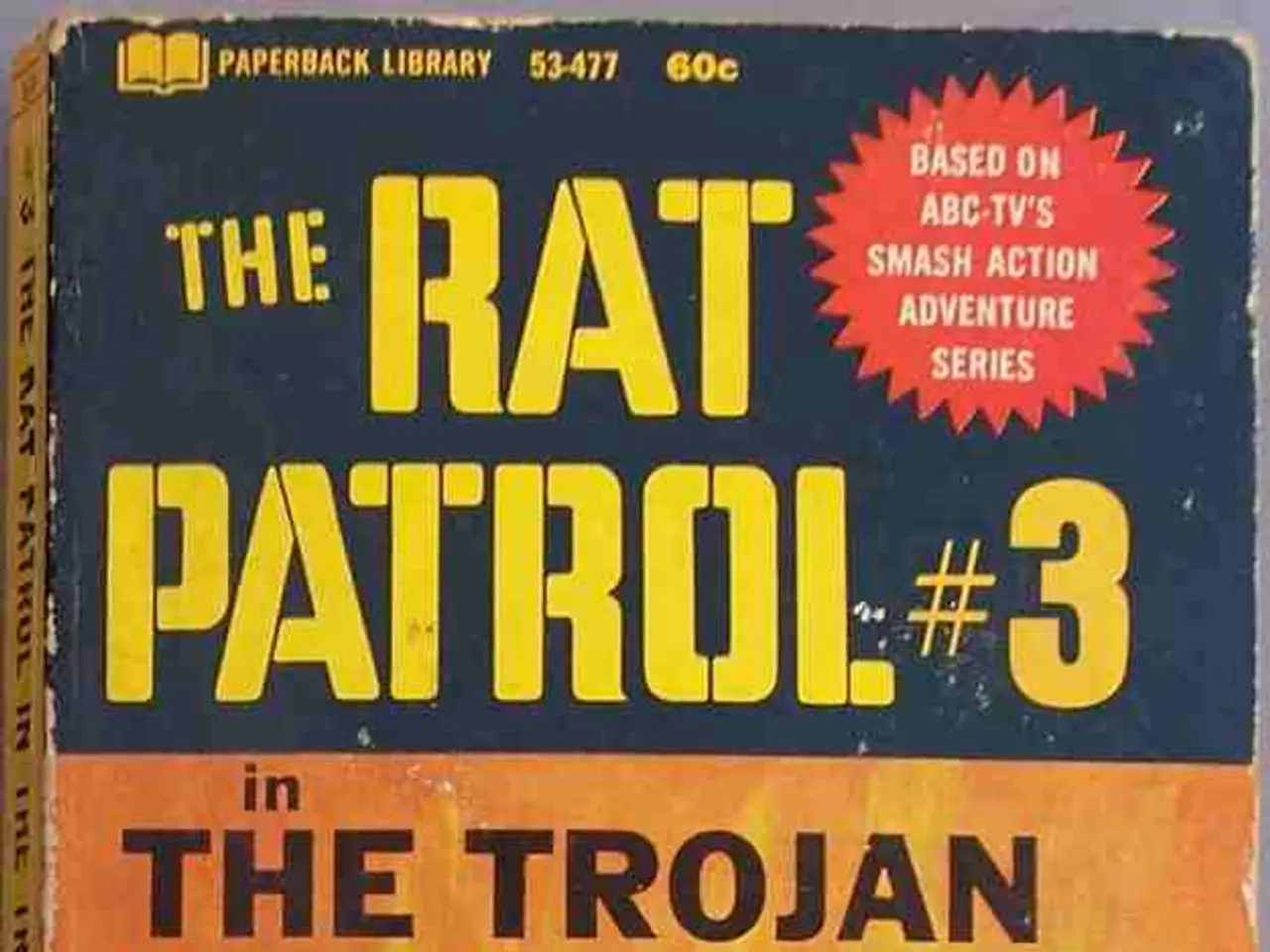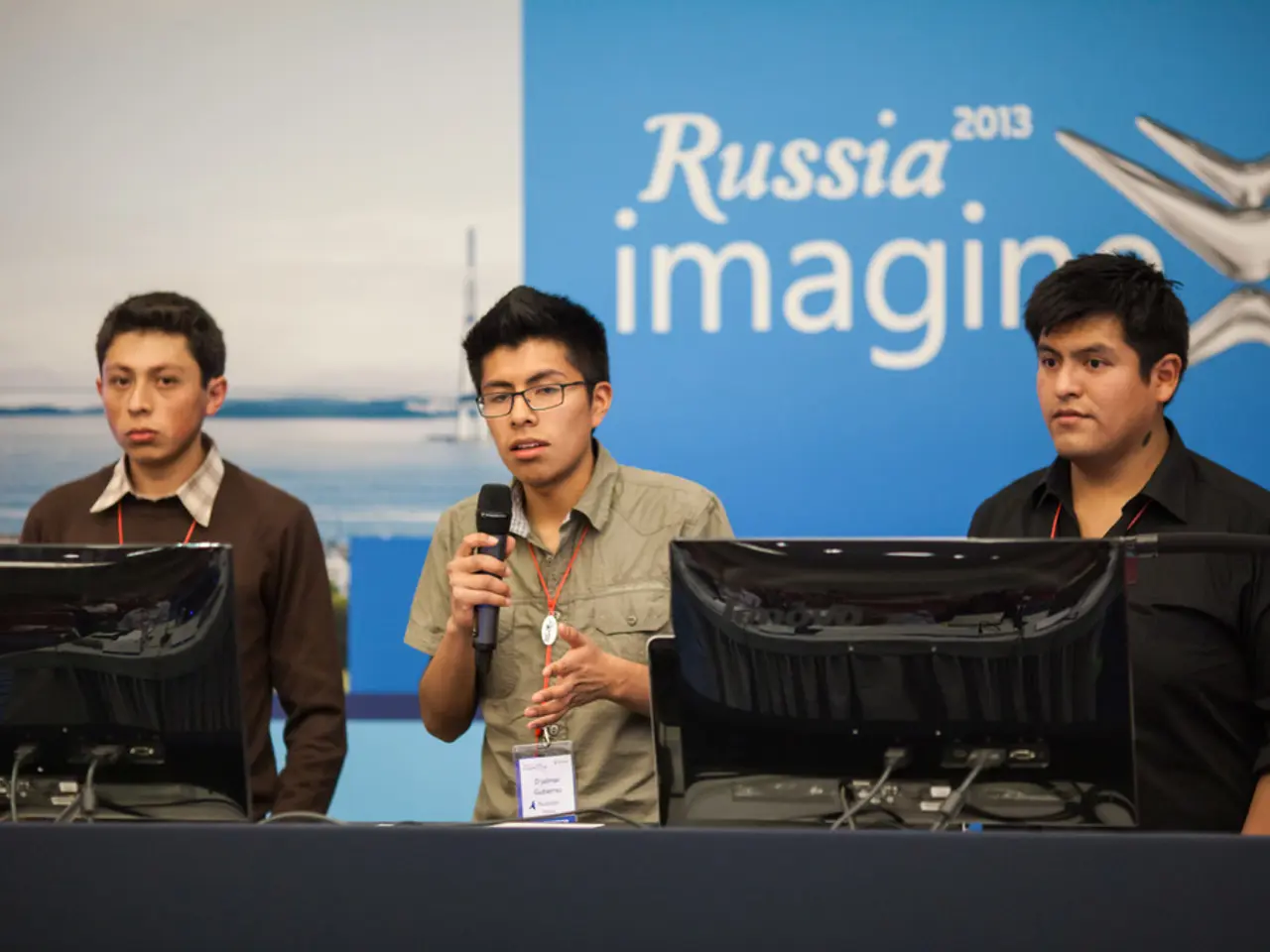Majority of Italians Criticize American Involvement in Iran, Mideast Region Witnesses Condemnation from Italians over US Interference in Iran
Italians Strongly Disapprove of U.S. Intervention in Iran
Italians are overwhelmingly against the U.S. intervening in Iran, according to a survey by economic and political analysis firm Izi. A whopping three out of four Italians disapprove of the intervention, with opposition reaching 56% among the ruling party's voters. This disapproval exceeds 80% among those who are in opposition or belong to the non-voting sector.
During the program "L'aria che tira" on La 7, the findings of the survey, titled "Iran and new wars," were presented.
According to the survey, Italians are increasingly concerned about the prospect of large-scale armed conflicts in the future. The percentage of those describing themselves as very concerned has spiked by ten points since May 2025, rising from 57% to 68%. When it comes to the involvement of Europe or Italy in a global conflict, about half of Italians believe such an event is possible in the near future.
Giacomo Spaini, President and CEO of Izi, explained that the fear of a future conflict has significantly grown. Italy's stance on possible European involvement in a global conflict remains ambiguous, but it seems that Italians are apprehensive about the possibility.
A quick glance at the current political climate in Europe suggests that Italy, like other European countries, prefers diplomacy over offensive military actions. Italy's Foreign Minister Antonio Tajani has publicly advocated for diplomatic engagement, even proposing Rome as a venue for U.S.-Iran talks. This diplomatic push reflects a broader European consensus urging a peaceful resolution to the conflict.
Italian and European leaders have stressed that they will not join any offensive military campaigns against Iran unless directly attacked. The focus remains on preventing escalation and managing regional tensions through diplomatic channels rather than military means.
In conclusion, the Italian public and political leadership appear to favor diplomatic solutions over military intervention regarding the U.S. conflict with Iran. Italy, aligned with broader European policy, stands against participating in offensive military actions unless directly threatened, indicating a cautious approach to avoiding future large-scale armed conflicts involving Europe or Italy.
- The survey results indicate that the Italian public's concern about war-and-conflicts, such as the U.S.-Iran conflict, has increased significantly, with a sharp rise in the number of Italians describing themselves as very concerned.
- The policy-and-legislation of Italy and other European countries, as reflected in the diplomatic push and emphasis on preventing escalation and managing regional tensions through diplomatic channels, suggests a strong preference for average solutions that avoid military intervention.
